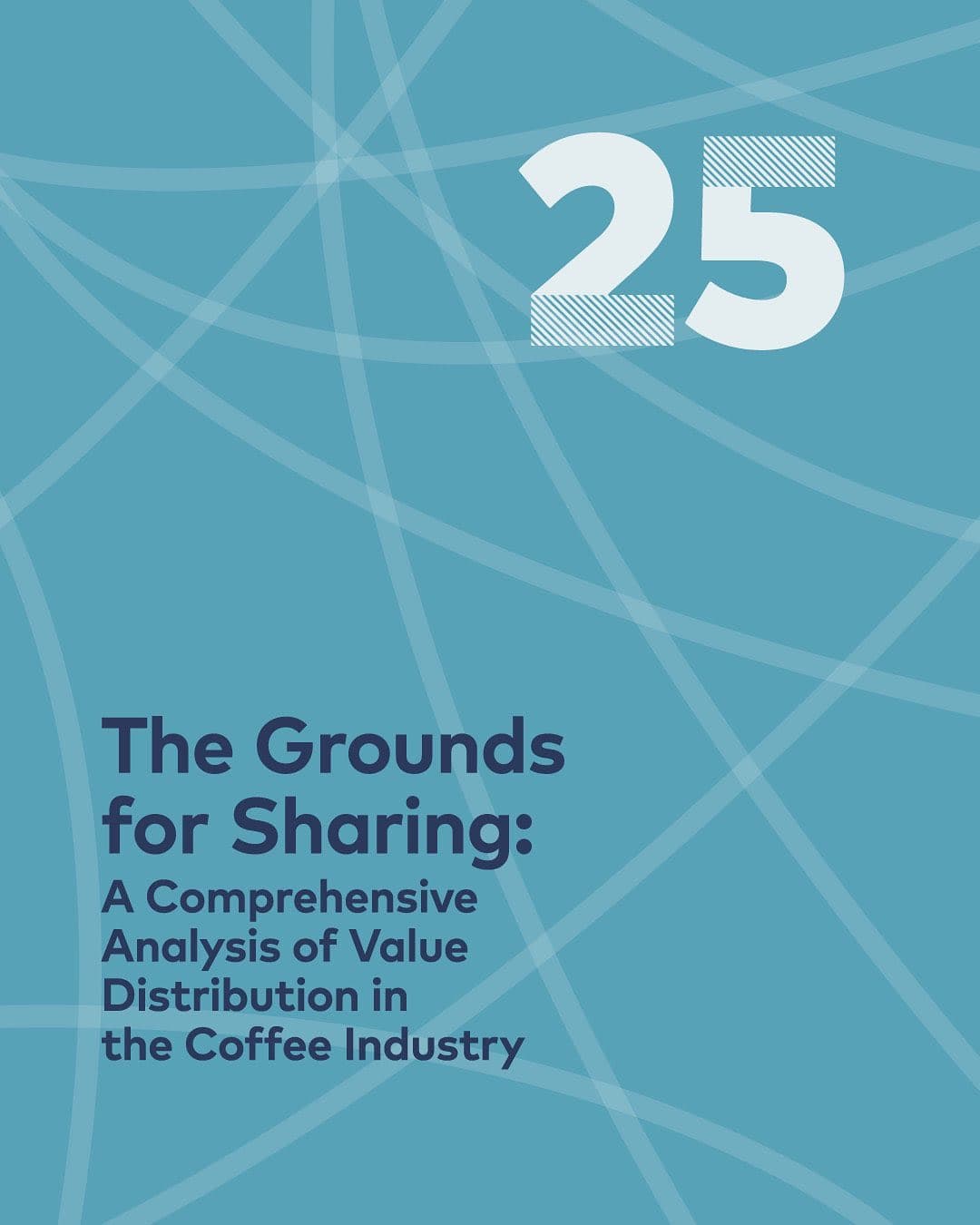The global coffee industry, a sector valued at billions of dollars and fueled by the consumption of over 2.25 billion cups daily, is rife with challenges. Among them is the unequal distribution of value along its intricate supply chain. To address these issues, the Global Coffee Platform (GCP), IDH, and Solidaridad commissioned a groundbreaking study, The Grounds for Sharing. This report, meticulously analyzed by Mette-Marie Hansen, Senior Program Manager for Coffee at IDH, delves into the creation and distribution of value in coffee chains linked to the German retail market.
A Groundbreaking Analysis
This comprehensive study examines over 40 coffee products from Brazil, Colombia, Ethiopia, and Vietnam, tracing their journey to Germany, Europe’s largest coffee consumer. Germany’s coffee market, characterized by competitive retail dynamics and significant roasting operations, provided the ideal backdrop for this analysis. Researchers investigated conventional and certified coffees (Rainforest Alliance and Fairtrade), offering insights into the challenges of equitable value distribution.
The study highlights that coffee’s value disproportionately accumulates in the retail and roasting stages, leaving farmers with minimal financial gains. For instance, while the average retail price of coffee in Germany stands at €8.06/kg, farmers receive only €0.41/kg. This stark contrast is compounded by the undervaluation of family labor on small farms, a critical issue affecting economic stability for many growers.
Key Findings: Value Concentration and Disparities
- Retail Dominance: Retailers capture the largest share of profits, benefiting from branding, marketing, and premium product formats like capsules, which command higher prices but offer limited returns to farmers.
- Stable Margins for Exporters and Importers: These intermediaries sustain low but steady profit margins through economies of scale, ensuring efficiency in global coffee trade.
- Undervalued Labor: Family labor on smallholder farms is often overlooked, skewing profitability assessments and leaving farmers vulnerable to market volatility.
- Market Inequalities: Larger farms, particularly in Brazil, achieve greater profitability due to economies of scale, whereas smaller farms face poverty and limited opportunities to capitalize on their produce’s quality.
- Limited Farmer Control: Small-scale farmers often lack influence over how their coffee is marketed or sold, leaving them at the mercy of global price fluctuations and differential trading practices.
Shaping the Future of Value Distribution
The study not only sheds light on the structural imbalances in the coffee supply chain but also offers practical tools and recommendations. BASIC, the research firm behind the report, developed an online tool to simulate value and cost distribution across supply chains. This enables stakeholders to identify vulnerabilities and explore equitable solutions.
Actionable Steps:
- Fair Compensation: Transparent pricing mechanisms that account for production costs, including family labor, are essential.
- Collaborative Efforts: Roasters and retailers can align sourcing practices with equitable value distribution principles to support vulnerable farmers.
- Policy and Advocacy: Governments and organizations must champion sustainable economic models for coffee farming, ensuring long-term industry viability.
Moving Beyond Awareness
While the findings validate long-standing perceptions of inequity, they also challenge misconceptions, such as the overstated profit margins of importers. The study encourages stakeholders to move beyond acknowledging the problem to implementing actionable solutions.
As Hansen aptly states, “Identifying a problem is not solving it—action is required.” By fostering equitable practices, the coffee industry can create a sustainable future that benefits all players, from smallholder farmers to end consumers.
A Call for Change
The Grounds for Sharing report serves as a wake-up call for the global coffee sector. By reevaluating value distribution and addressing systemic inequalities, the industry has the opportunity to create a fairer, more sustainable value chain. This effort requires collective action, innovation, and a commitment to empowering those at the very foundation of coffee production.
Through initiatives like this, the coffee community can ensure that every cup reflects not just the flavor of the beans but also the value of the hands that cultivated them.



